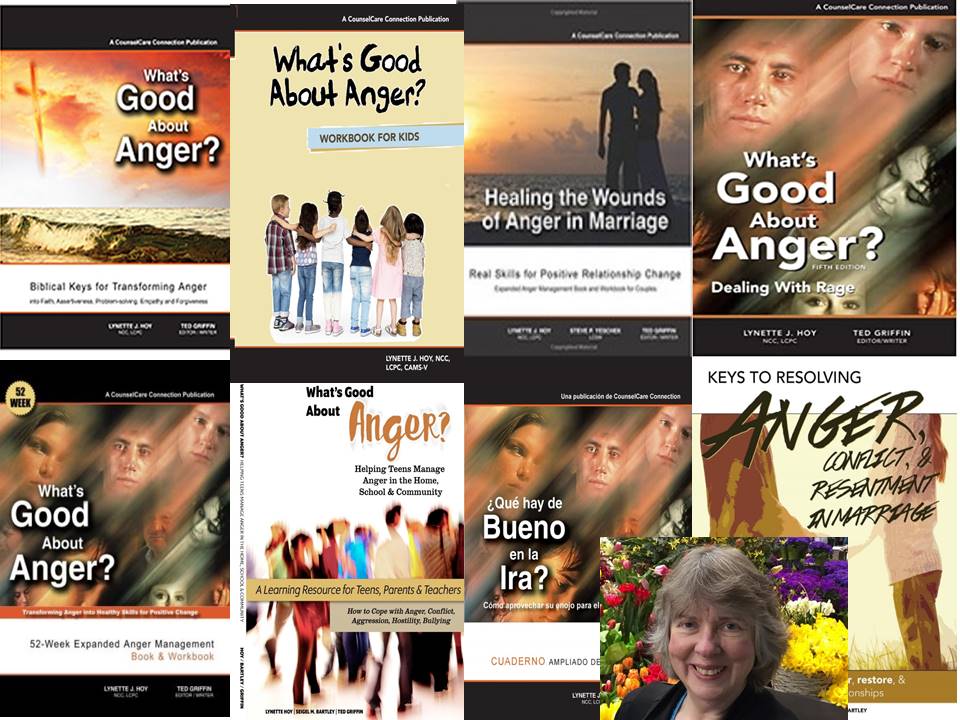
 Rebuilding Trust In Your Spouse
Rebuilding Trust In Your Spouse
What does trusting someone signify?
Trust, in a practical sense, means that you place confidence in someone to be honest with you, faithful to you, keep promises, vows and confidences and not abandon you. Here are some factors to consider about trust. Trusting another person requires a realistic perspective about people and an expectation of failure. Trust needs to be combined with a willingness to forgive and grows best in an environment of acceptance and love.
There’s no magic machine, you don’t put in a quarter and out drops a can of trust — trust grows over time. People are complex, broken beings therefore, previous hurts, fears or losses can impede their determination to trust and/or be truthful in a relationship. But, people have the capacity and the ability to change and to grow in trust and truthfulness. You can rebuild trust in broken relationships when you make a choice to do so with the supernatural help of God.
Adjust your expectations
People are human, frail, and sinful. Therefore, you need a realistic type of trust when you choose to trust someone. Trusting grows in relationships over time because as you spend time together with someone you build knowledge, understanding and authenticity. You gain insight into another person’s character, needs, motivations and fears.
Unconditional love develops trust because as you express this kind of love toward someone — generally he or she will sense your acceptance and feel comfortable to be vulnerable and honest about their feelings. Unconditional love actually builds self-esteem in others and alleviates
their fears of rejection. People learn that they can be authentic with you about their feelings, opinions, and failures. The result is a growing trust in the other person. Not because that person is perfect but because that person is growing in honesty.
Unconditional love is patient and kind
It is not self-seeking. It does not keep a record of wrongs. When love is not patient or enduring; when love is unforgiving and always disappointed or looking for something to go wrong, it generates fear and looks for imperfections in the other person. Fear-based love is conditional creating an atmosphere of distrust, dishonesty and instability.
You can have a limited trust in people as you grow to know them and they see you really care about them but the fact is that people will let us down. That is reality. Obviously, when someone has broken their vows and been unfaithful, has lied or been dishonest in the relationship, they need to change. You can make some requests for change and take the risk of starting over again. Get counseling and pastoral guidance. Visit the American Association of Christian Counselors for a listing of professionals near you. If your spouse or significant other is not sincere about changing and continues to lie or betray you, then, you need to consider ending the relationship.
Take a look at yourself as well
You will never be perfect and therefore, you will probably disappoint your loved one as well. You can promise to never say something hurtful or never tell a lie or never exaggerate or always keep your promises or (you name it) but since you are human you will also make mistakes and disappoint that person. The only thing you or your loved one can promise is to grow, to seek God and ask Him for strength to change. Then you and your loved one will become more trustworthy in your relationships, though you will never be perfect.
Every human relationship will suffer hurt. Thus, we all need to become better forgivers and confessors. That ability to reconcile and spirit of humbleness will prove the depth of your love and commitment.
The components of love, forgiveness and commitment are as necessary to trust in a relationship as is honesty. Forgiveness gives you the chance to start over and trust another fallible human being again. Love helps to nourish trust. Commitment and honesty provide accountability to one another. But, Forgiveness does not mean there are no consequences for certain behavior.
© copyright 2013 Lynette Hoy, NCC, LCPC
